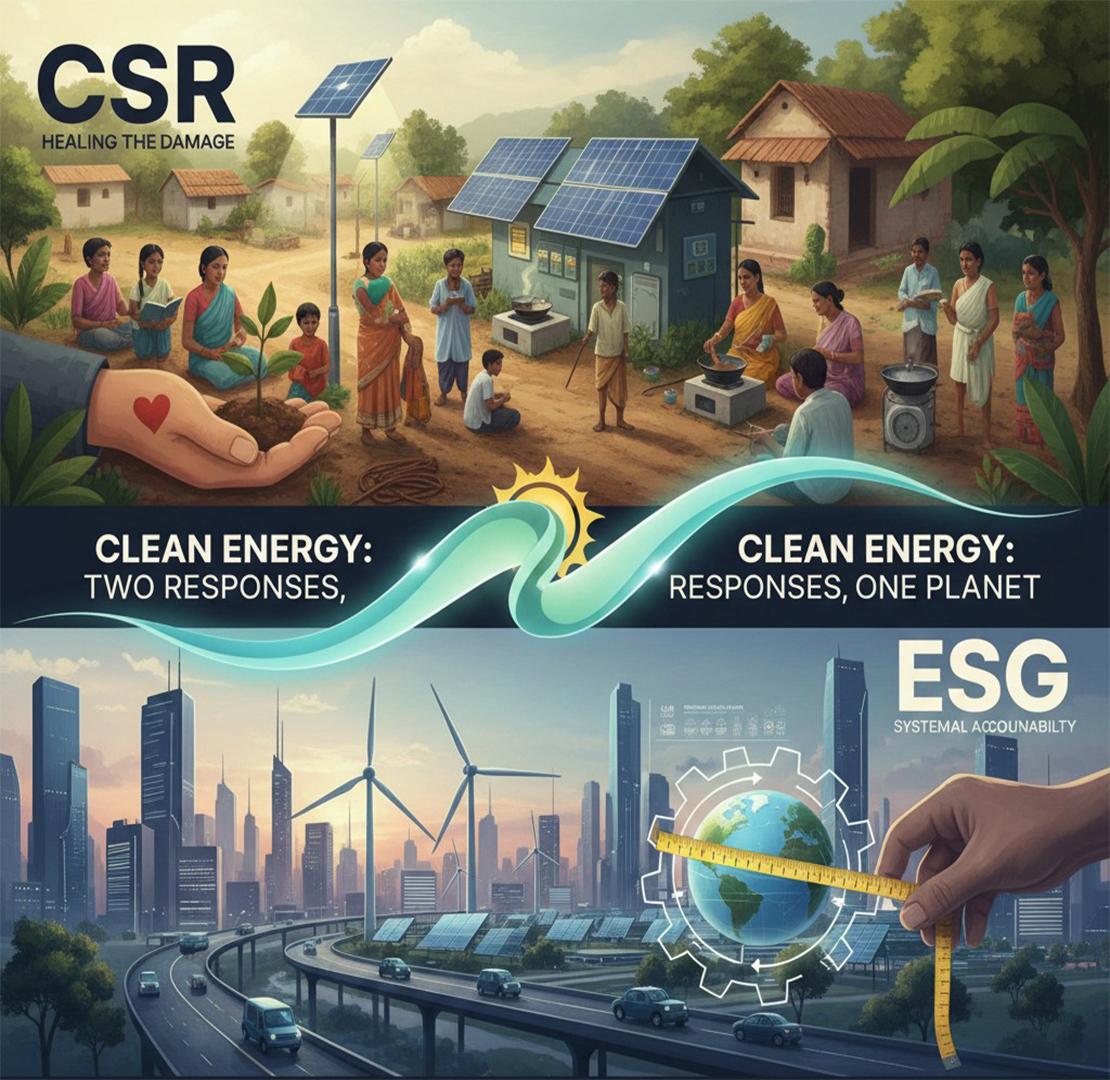How is Cargill working towards enhancing the livelihood of the 100 million people through the Hatching Hope Global initiative?
The Hatching Hope Global Initiative was developed jointly by Cargill and Heifer International to tackle poverty and malnutrition through the power of poultry. Through this initiative, we aim to improve nutrition and economic livelihoods of 100 million people globally by 2030 through the production, promotion, and consumption of poultry. Hatching Hope plans to reach 62 million people in India.
The program follows a three-pathway approach which focuses on improving livelihoods and aims to increase awareness and access to poultry production and consumption. During the first phase of the program, the aim was to achieve improved income and nutrition and provide economic livelihood opportunities to women farmers through Backyard Poultry Production (BYP) in Odisha. These activities are primarily focused on improved production of backyard poultry including breed improvement, consumption of poultry products, marketing of BYP products, strengthening of Farmer Producer Organizations (FPO), etc.
Is this a women-centric initiative?
Women are at the very center of the Hatching Hope Initiative in India, because we know that when women’s income and nutrition improve, whole families benefit. It all starts with the farmer – In the first phase of the project, Cargill India and Heifer India are working with 30,000 women backyard poultry farmers in Odisha. Heifer India’s field teams supported by Cargill experts and a network of community partners work with smallholder women producers to improve their poultry production practices and increase the availability of protein rich poultry products (namely eggs and chicken) for families. The initiative also works through the creation and strengthening of Self-Help Groups (SHG) in the community. A SHG is made up of 10 to 15 women members, each representing their respective families, who collectively work in a common value chain. Training on Climate Smart Agricultural techniques as well as the promotion of joint business ventures happens through the project, helping to improve household income, enabling women to play a more active role within their homes and communities, while increasing resilience to climate change.
What impact this initiative has on the farmer communities?
Through the Hatching Hope program, women producers and their families are able to build sustainable businesses that generate income, while improving their family’s nutrition. The program is helping bridge the income gap across 30,000 backyard poultry producer households in Mayurbhanj, Odisha so far. Backyard poultry production at scale requires support on marketing and business development, hence we are also training smallholder farmers to help them develop backyard poultry as a family business, support smallholders to establish Farmer Producer Organizations as well as enhance market access.
The initiative also supports and promotes other income-generating opportunities for producers and service providers. The self-employment opportunities created under the project like Community Vaccinators, feed producers and hatchery operators will sustain themselves through demand creation in the community while strengthening the backyard poultry health and production service models, with income-generating opportunities expected to increase further as poultry businesses scale. Since producer profitability also depends significantly on bird size and health, an improved feed mix formula has been developed by the Heifer India and Cargill India technical teams. This enables farmers to access locally prepared, high-quality and affordable poultry feed to improve the health and weight of birds while cultivating businesses for local producer entrepreneurs who can cater to the demand.
In addition to this, Hatching Hope Initiative aims to improve the nutrition of the family by improving access to poultry products and laying the foundation of healthy families through improved nutrition and health education. Under the initiative, awareness campaigns with Organized Human Networks including educational Institutions, Anganwadi Workers (AWW), and Accredited Social Health Activist (ASHAs) are being run to increase awareness around human nutritional requirements. Communication resources focusing on men, women and children have also been developed and put up at community points such as Integrated Child Development Scheme (ICDS) Centers, Public Health Centers, Sub Centers and schools to effectively educate community members to consume healthier diets. Moving forward, the project will engage with more community groups and networks to develop economic livelihoods and nutrition through poultry to reach hundreds of thousands more people in new geographies in the country.
The program leverages Cargill India and Heifer India’s expertise to shift farmers into sustainable, efficient animal producers and successful entrepreneurs, actively participating in the poultry value chain.
Do you plan to take the initiative nationally?
The Hatching Hope Global initiative is a 12-year commitment to improve the nutrition and economic livelihoods of individuals through poultry. We are continuing to explore the opportunities to replicate the model in other parts of the country. Over the 12 years, the Hatching Hope Initiative will continue to scale up to reach 62 million people in the country. This global initiative brings into focus our commitment to sustainable nutrition and farmer prosperity. It offers us a new way of engaging with communities and connecting the business expertise of Cargill and Heifer International’s teams around the world.



















